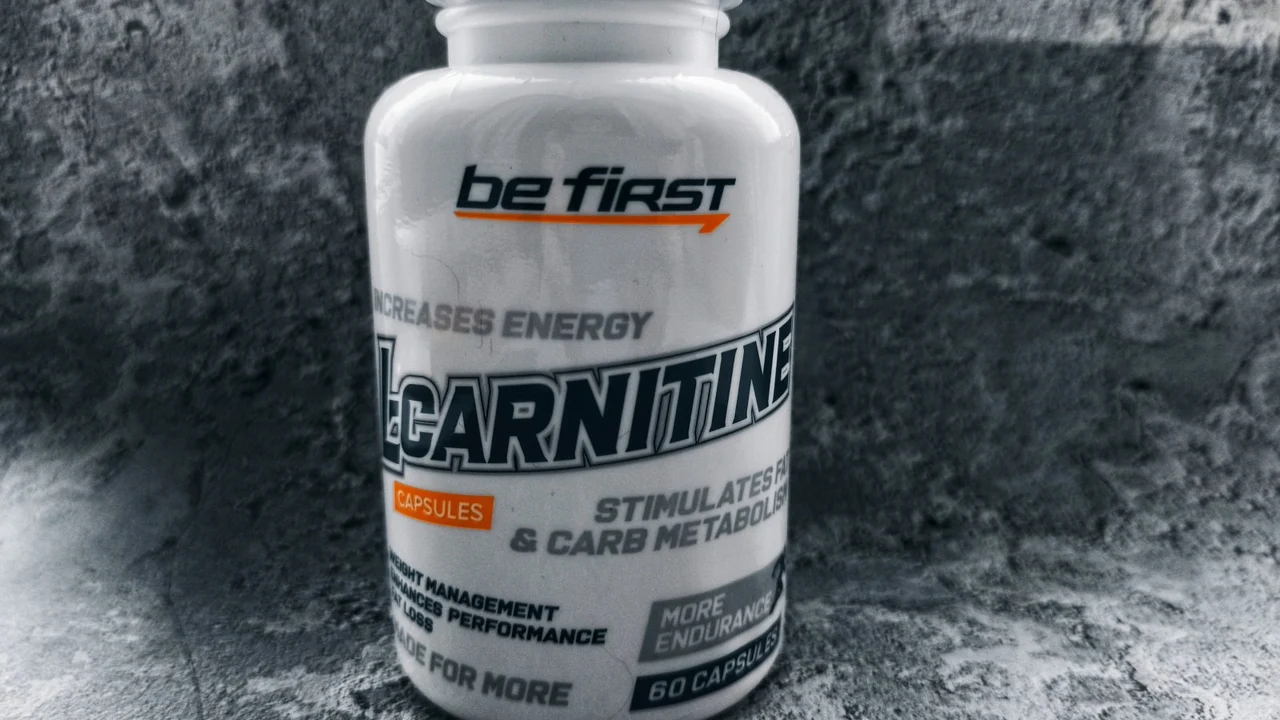If you want better workouts, supplements can help — but only when you pick the right ones. Start with the basics: protein, creatine, caffeine, and a solid multivitamin. These have the most evidence and the fewest surprises. Protein powders make hitting daily protein targets easy, creatine helps strength and muscle gains, and caffeine gives a reliable energy boost for tough training days.
Before buying anything, ask two questions: what problem are you solving, and does the product have proof? If your goal is recovery, protein and carbs after training are useful. If you want short-term focus and power, a low-dose caffeine product will likely work. Avoid products with long lists of proprietary blends and unproven herbal claims. Those often hide low doses and unnecessary extras.
Check ingredients and third-party testing. Look for NSF, Informed-Sport, or USP marks when you can. If you compete, those seals help avoid banned substances. Watch for stimulant totals — many pre-workouts stack caffeine with other stimulants and that raises heart rate and blood pressure. Talk to your doctor if you take medications or have health issues.
Whey or plant protein: use after workouts or to reach daily protein goals. Creatine monohydrate: take 3–5 grams daily for strength gains. Caffeine: 100–200 mg before training for better focus and power. Beta-alanine: may help high-rep sets and reduce fatigue when taken consistently. Fish oil and a basic multivitamin: fill nutritional gaps and support overall health.
Some niche products can help, but expect smaller effects. BCAAs are mostly useful if you train fasted and struggle to meet protein needs. Nitric oxide boosters can create a temporary pump but rarely add real strength. Fat burners and testosterone boosters often promise too much and can come with side effects.
Budget matters. Spend first on whole food protein, a reliable creatine powder, and a basic vitamin. Skip fancy blends until you see consistent training results. A cheap tub of creatine and a basic whey can out-perform expensive stacks for most people.
Want examples? Traveler's Joy and other travel supplements can help when routines go off track. Natural supplements like hollyhock, Hu Zhang, and cascara show up in wellness articles, but treat them as lifestyle supports, not magic fitness fixes. Read reviews and check product labels before trying new herbs.
Finally, track what you take. Use a simple log for dose, timing, and effects over two to four weeks. That tells you if a supplement is doing anything useful. If there is no clear benefit, stop and save your money. Training, sleep, and food still matter most—supplements are usually the icing, not the cake.
Start small and add one product at a time so you know what helps. Give each supplement at least three weeks to show effects. If you notice side effects, reduce dose or stop. Keep labels and receipts for returns, and choose brands that publish testing results so you avoid surprises and get better value. Always.
